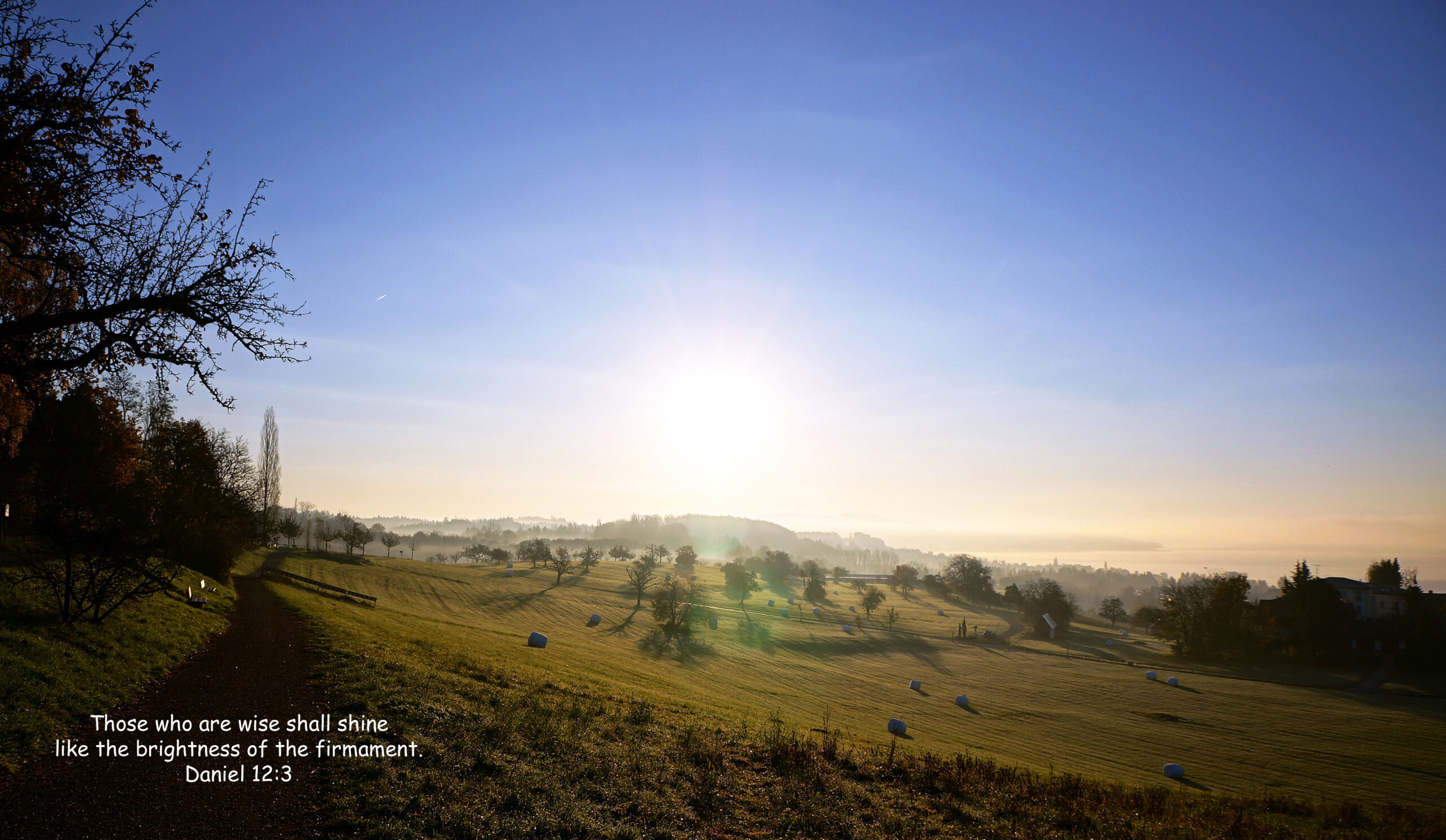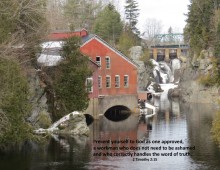Part One If we turn to Covenant theology’s own explanations of their system we find a curious dualism of frankness and subterfuge. I do not use “frankness” in the ethical sense, just in the sense that there is sometimes a willingness to face the text and deal with what it actually says. Likewise, by “subterfuge” I am not saying there is an unethical motive in these men, but that they almost instinctively avoid the clear implications of passages which undermine …
Category: Theology
I think it is fair to say that the whole impetus for the covenants of redemption, works and grace in the Reformed Confessions stems from the assumption that the Old Testament must be read through the lens of the extra light of the New. If that assumption is flawed, as I believe it certainly is, then the whole project is in serious trouble. The release of the Westminster Confession of 1647, although it was preceded by over a century of …
In his Commentary on the Book of Genesis the Reformer John Calvin notices that a reason for God’s covenant promise to Noah was to encourage him in the hard task of obedience in the building of the Ark. By way of application he writes, For then do we freely embrace the commands of God, when a promise is attached to them, which teaches us that we shall not spend our strength for nought…It is especially necessary that the faithful shall …
Part One 2. The Place We All Stand: Everyone Stands within the Biblical Worldview When I say that we all stand within the biblical worldview, I know that I have some explaining to do. I want to say right away that I am not claiming that we all acknowledge this. In fact, the Bible says we act to suppress the knowledge of God. But it protrudes here and there since it must. For God must be already there in order …
These are some notes i made on one of Jonathan Edwards’ most famous sermons. Edwards got to the heart through the mind, as all real preaching does. I re-post this because I was reminded of the sermon yesterday by a preacher I heard. Following the standard Puritan model of composition (outlined by William Perkins) Edwards gives a brief exposition of his text: Matt. 16:17. He then explains the doctrinal content of the passage, before closing with application. Exposition The knowledge …
Part One The second argument, that there are covenantal elements in the Creation narratives, is somewhat dependent upon the first for its advocacy. Nobody denies that there is a repetition of parts of the Creation mandate in Genesis 9. But such a repetition was necessary seeing that God had just wiped out every living thing from the map. That necessity doesn’t extend however, to requiring a covenant given to Adam in the Garden. And we are not justified in drawing …
More material from the “big book”. There need not be much dissension from the view that Genesis 6:18 may refer to a previous understanding of covenant on Noah’s part.[1] It could equally mean that the covenant was “in God’s mind” before the waters came and He chose out Noah.[2] In either case the interpretation stresses the gracious (hen) movement of God towards Noah (6:8). But could it, indeed, should it, be construed as a reference to a “Creation covenant,” instituted …
I have been asked to put my stuff on Biblical Covenantalism in one place. These are the main posts which, I think, define and expound the concept and indicate where I am going with it. I hope placing them together helps out. The Main Articles, the ‘Book’, and the Videos: Biblical Covenants and Normative Hermeneutics 1, 2 Explaining why the Biblical Covenants provide a hermeneutics for the Bible. Dispensationalism & Biblical Covenantalism: What’s in a Name? (link) A comparison of …
The scenes from the story of Cain and Abel, up until the “sons of God”, and the global Flood cover a period of perhaps two thousand years. Genesis 4 properly belongs with the previous three chapters. It begins and ends with namings; the naming of Cain (“acquired”, or “brought forth”), and the naming of Seth (“granted [substitute]”), and then Seth’s naming of Enosh (“frailty”). In the beginning of this chapter we find two brothers, Cain and Abel, who are worshipping …
This question came to me via Spirit & Truth, a website I am privileged to have a part in. Question: Thanks very much for your TELOS series of Biblical Covenantalism. I stumbled upon this at just the time I needed it – and therefore believe God led me to your sight. The minister of our church is staunchly amillenialist, and I am involved in discussions with him. The question he will get me on, unless you can provide me with …




